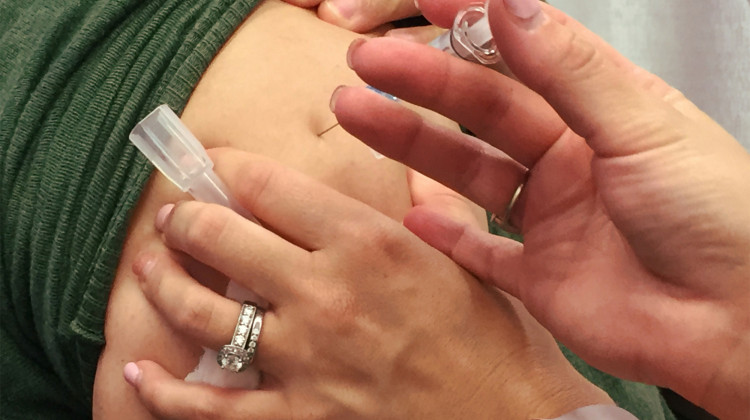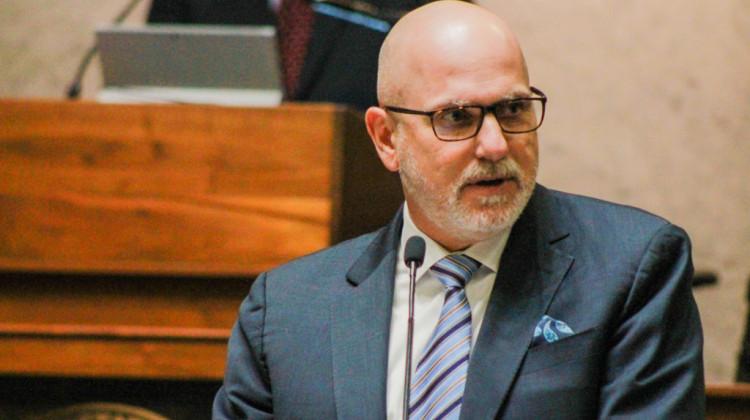Indiana may not be fully prepared for disaster, disease outbreak or bioterrorism, according to a new report. A new national assessment places the state in the bottom tier.
The annual readiness report from the Trust for America’s Health, or TFAH, highlights how states could improve their response to things like influenza outbreaks and hurricanes.
Indiana received low marks for not being accredited, and for having low flu vaccination rates.
TFAH President and CEO John Auerbach says last season only 37 percent of Hoosiers got flu vaccinations.
"The state can be doing a good deal more on its flu vaccine immunization effort," says Auerbach.
Hes says the state falls behind on another measure.
"Indiana is one of decreasing number of states that does not have a nurse compact," says Auerbach. "That is an agreement that let's nurses from other states respond in the event of an emergency."
The state also scored poorly for paid time off to prevent the spread of illness.
The state did manage to increase public health spending by nearly 10 percent in the 2017-2018 fiscal year. Auerbach says that’s an important change.
"Public health departments need the resources in order to prevent emergencies and then to respond quickly," says Auerbach.
The state also scored well in water security and lab preparedness. Three-quarters of Indiana’s hospitals participate in a statewide response coalition.
Auerbach suggested Indiana receive accreditation from a national group that does a comprehensive assessment on readiness.
 DONATE
DONATE









 Support WFYI. We can't do it without you.
Support WFYI. We can't do it without you.